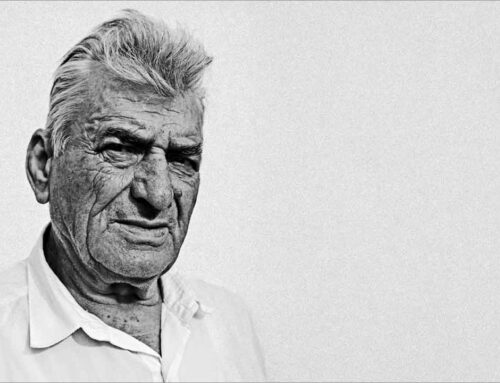Will changing the name of a mental illness help de-stigmatize it? A recently published New York Times article describes a survey designed to build momentum for the name change.
The name “schizophrenia,” meaning “split mind” and coined in 1908 by Dr. Eugen Bleuler, was not intended to have negative connotations. However, it has taken on a stereotype of “dangerous” or “amoral.” Schizophrenia has been misunderstood and appropriated as an insult. Doctors are reluctant to diagnose people with schizophrenia because it is such a loaded word, and people who do have it are reluctant to seek treatment because of the stigma. Now there is an organization trying to reduce these associations by changing the name of the disorder.
There is undoubtedly harmful and unreasonable stigma surrounding the term.
There is undoubtedly harmful and unreasonable stigma surrounding the term. However, I don’t think that changing the term will achieve anything. It is comparable to changing a filter: it is shiny, new, and relatively problem-free soon after it is installed, but it does not withstand the test of time. The original term “schizophrenia” was coined on a scientific basis, and yet it has still been muddied by the public consciousness. Why wouldn’t the same happen for a new term for schizophrenia, especially since public stigma is just as bad, or even worse than it was soon after it was coined? The negative perception of schizophrenia attaches itself not just to the name of the disorder, but also to the people living with it. Even discounting the logistical difficulties of changing the name of a disorder, the change is not worth it. It only treats the symptoms of the problem, not the cause. The best route to destigmatizing mental illnesses is to create content, just as Michelle is doing, to demonstrate that schizophrenics are just as human as a “normal” person. Through first-hand experience (albeit through a screen), the true nature of schizophrenia overrides the stigmatized perception drawn from popular culture and the tabloids.
By Matthew Ahmon
Matthew Ahmon
Matthew Ahmon is a high school junior at Horace Mann School in the Bronx, N.Y. His interests are mainly in mental health and neuroscience. Along these lines, he is a research volunteer at the Albert Einstein College of Medicine, where he remotely helps sort electrophysiological data. He’s also filming a documentary about mental health during the pandemic; if you are interested in sharing your experiences with mental health during the pandemic, please contact him at matthew_ahmon@horacemann.org. When he’s not helping out Michelle Hammer with her mission to change the way people perceive people with mental illness, he’s blogging on his own at mentalhealth-musings.org, listening to classical music, and hanging out with his family and pets (2 cats and a dog).





